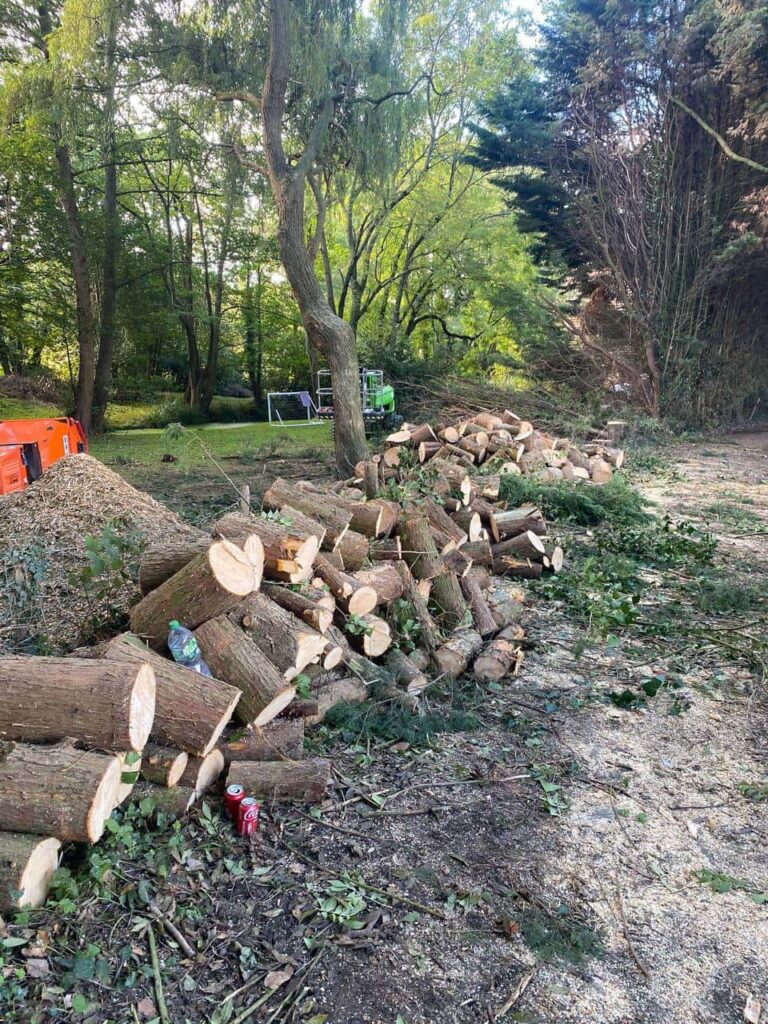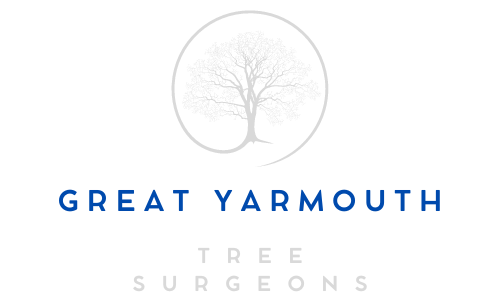Dead Wood Removal in Urban Landscapes: Tackling Challenges with Expert Solutions
Introduction: Urban landscapes are characterised by their harmonious blend of concrete and greenery, with trees playing a significant role in enhancing the aesthetics, air quality, and overall quality of life. However, the care and management of trees in urban environments come with unique challenges, mainly when removing dead wood. In this blog post, presented by Great Yarmouth Tree Surgeons, we’ll delve into the challenges associated with dead wood removal in urban landscapes and explore the expert solutions that arborists and tree care professionals employ to ensure the safety and health of our urban trees.
Challenges of Dead Wood Removal in Urban Landscapes
Safety Concerns: Dead branches and limbs can pose a significant safety hazard in urban settings where pedestrians, vehicles, and structures are in close proximity. The risk of falling dead wood can result in accidents, injuries, and property damage.
Aesthetic Considerations: Urban landscapes strive for beauty and visual appeal. Dead wood can detract from the aesthetics of a tree, making it appear neglected and unsightly, contrary to the desired urban ambience.
Health of the Tree: Dead wood often indicates a declining tree health. If left unaddressed, it can become a breeding ground for diseases and pests, potentially jeopardising the overall well-being of the tree.
Space Constraints: Urban environments frequently have limited space for equipment and tree care operations. This can make dead wood removal more challenging, particularly for larger trees in confined areas.
Expert Solutions for Dead Wood Removal in Urban Landscapes
Regular Tree Inspections: Routine inspections by certified arborists are a cornerstone of responsible urban tree management. Frequent assessments help identify dead wood and other issues before they become hazardous.
Selective Pruning: Arborists employ selective pruning techniques to remove dead wood while preserving the structural integrity and health of the tree. This requires a delicate touch and a deep understanding of tree biology.
Specialised Equipment: In cases where dead wood removal is particularly challenging due to space constraints or the sheer size of the tree, arborists may use specialised equipment such as cranes and rigging to lower branches to the ground safely.
Safety Protocols: Safety is a paramount concern when working in urban landscapes. Arborists adhere to strict safety protocols, including personal protective equipment, to protect themselves and the public during tree care operations.
Environmental Responsibility: Many tree care professionals prioritise sustainability by recycling removed dead wood as mulch or firewood, minimising waste and reducing the environmental impact of their work.
Community Engagement: Engaging with the local community is crucial for urban tree care. Educating residents about the importance of dead wood removal and tree care fosters proactive involvement and support for urban tree maintenance efforts.
Integrated Pest Management (IPM): Arborists may employ integrated pest management strategies, including targeted treatments, to prevent further infestations and disease spread.
Emergency Response: Arborists provide swift emergency response services to ensure public safety in sudden tree emergencies, such as storm damage or hazardous dead wood.
Conclusion: Dead wood removal in urban landscapes is a multifaceted task that requires expertise, precision, and a deep understanding of both tree biology and urban environments. Arborists and tree care professionals are the unsung heroes who play a crucial role in maintaining our urban trees’ safety, aesthetics, and health. By proactively addressing dead wood and other tree care needs, we can continue to enjoy the numerous benefits trees bring to our cities while mitigating potential risks. If you have concerns about dead wood on trees in your urban landscape, don’t hesitate to seek the expertise of certified tree care professionals like Great Yarmouth Tree Surgeons to ensure the safety and vitality of your urban trees and community.
Call us on: 01493 807 192
Click here to find out more about Great Yarmouth Tree Surgeons
Click here to complete our contact form and see how we can help with your tree’s needs.

